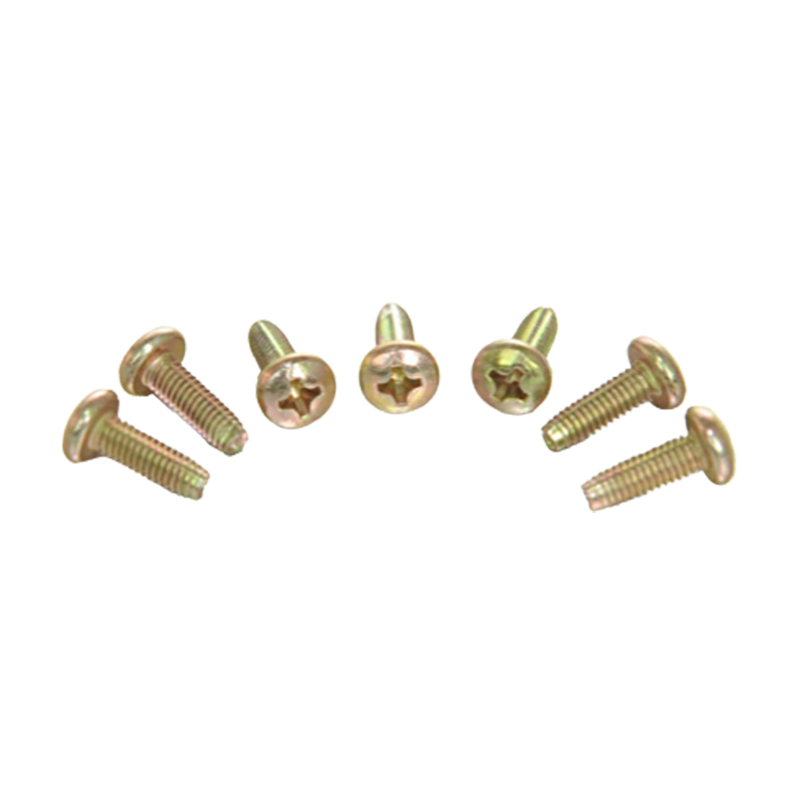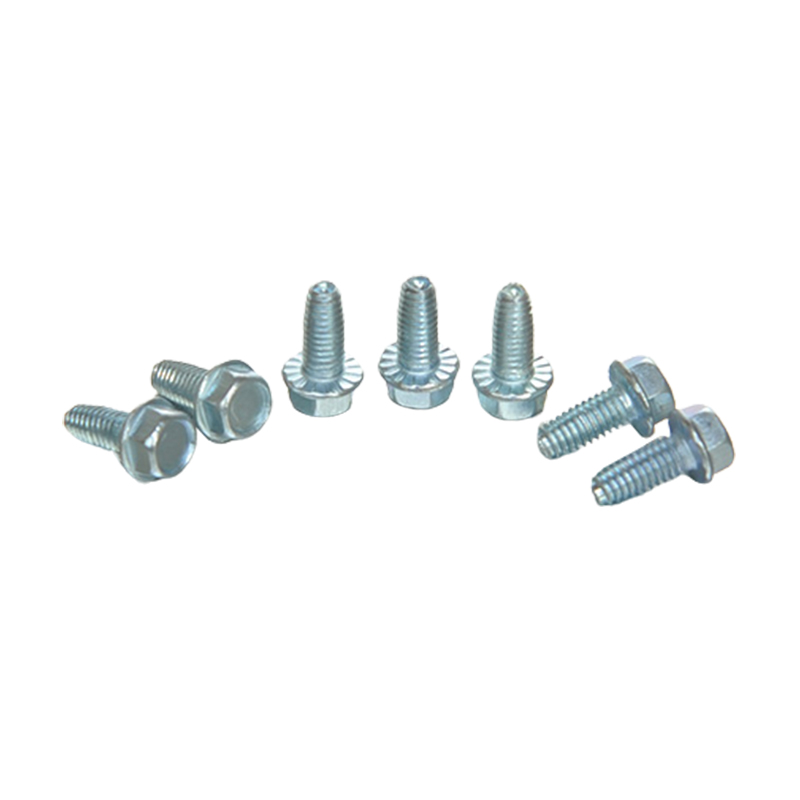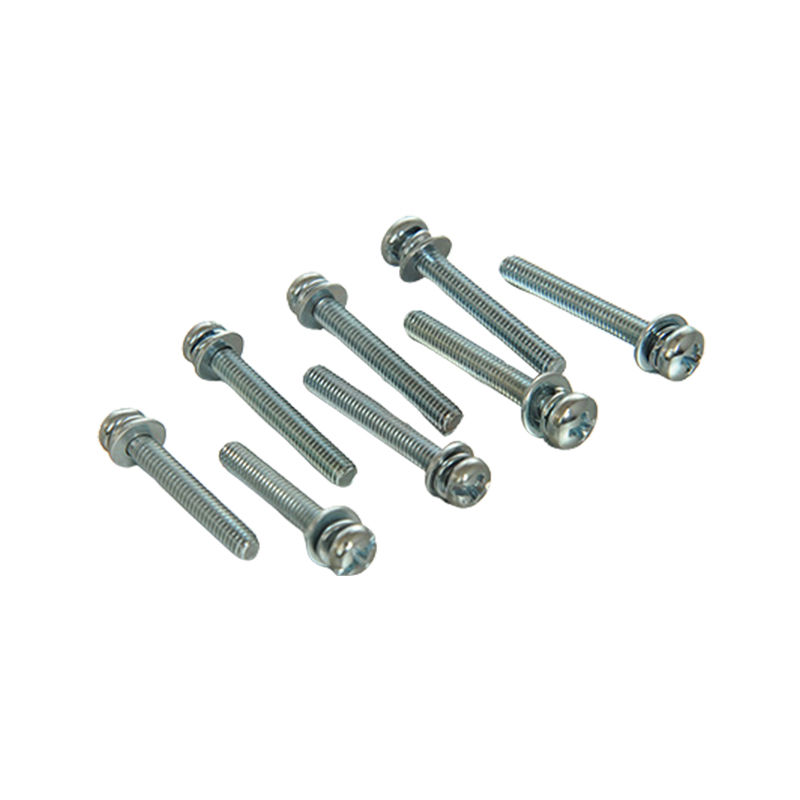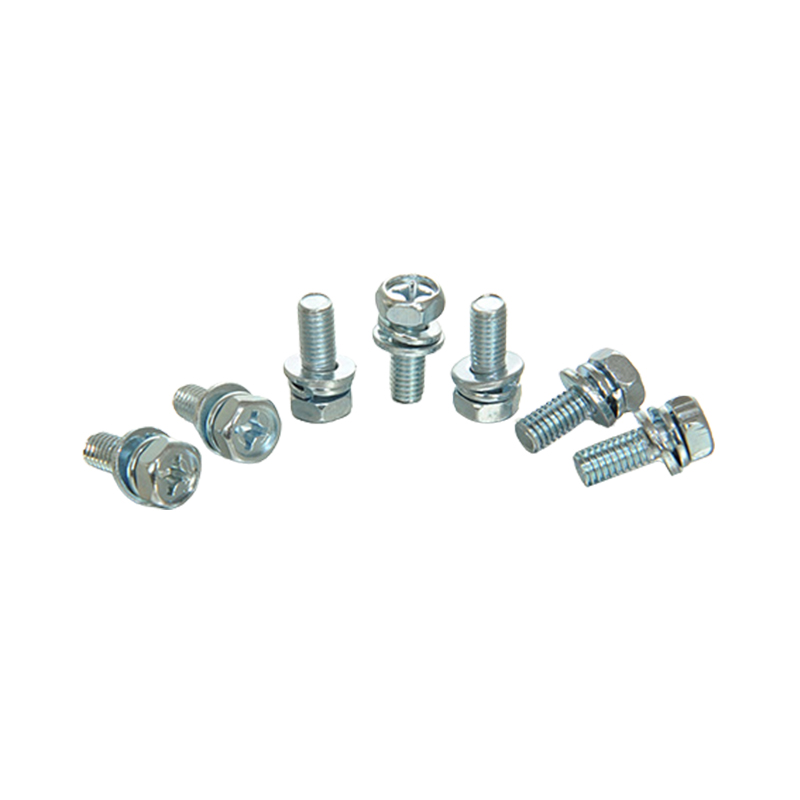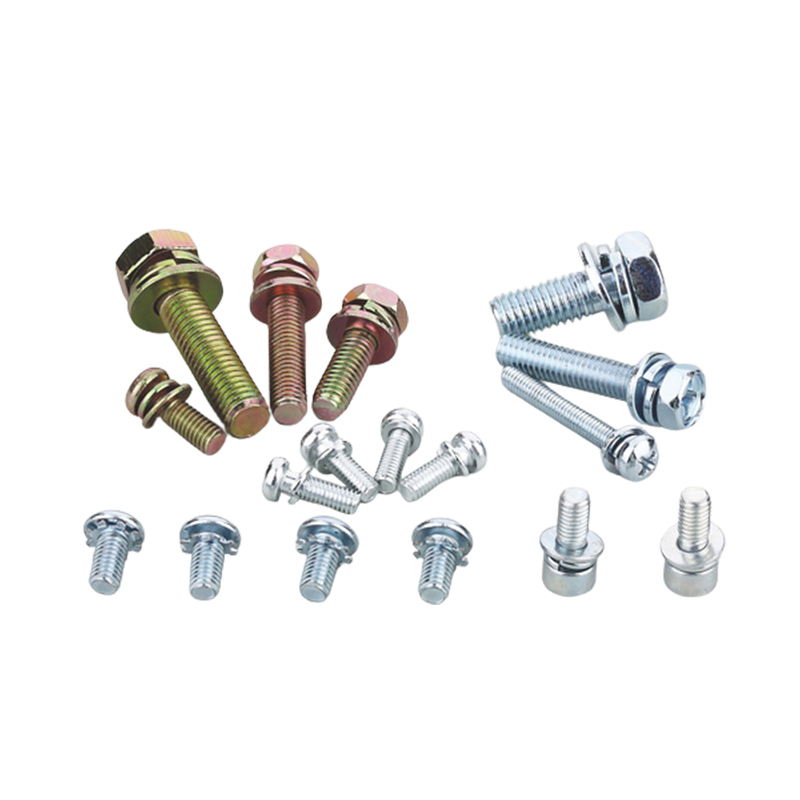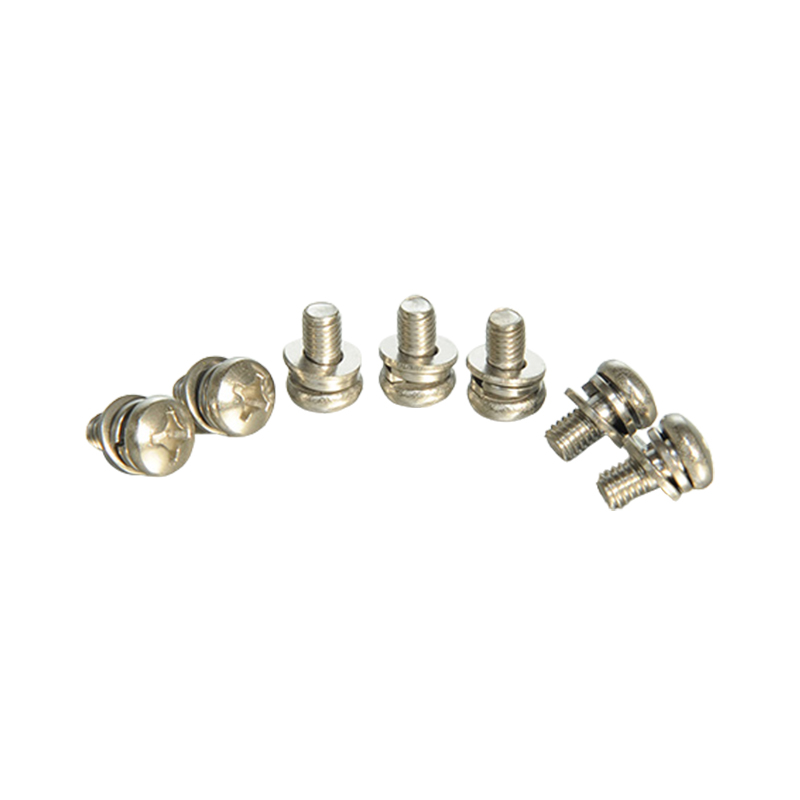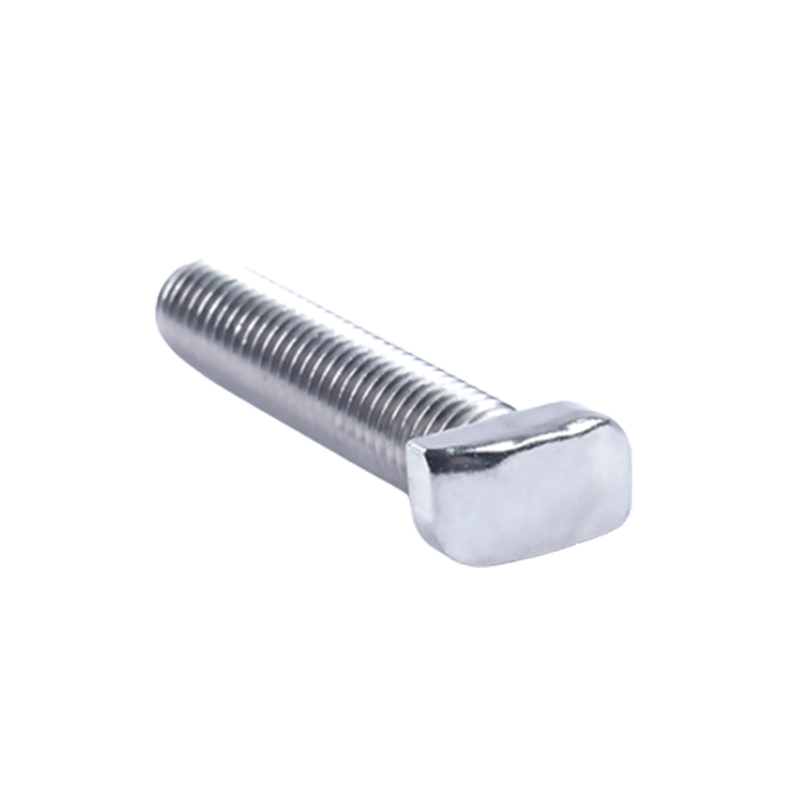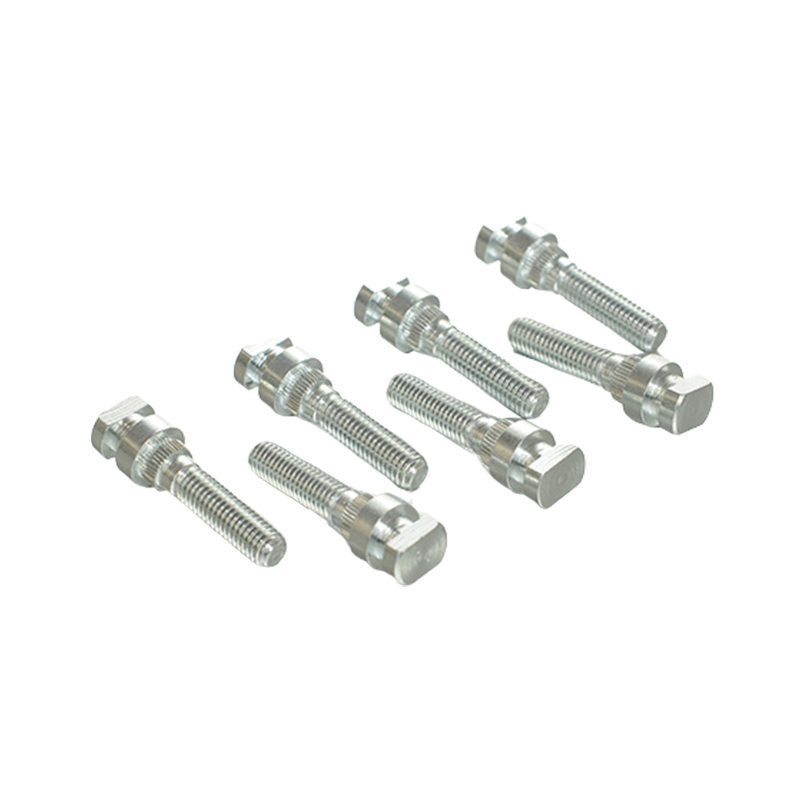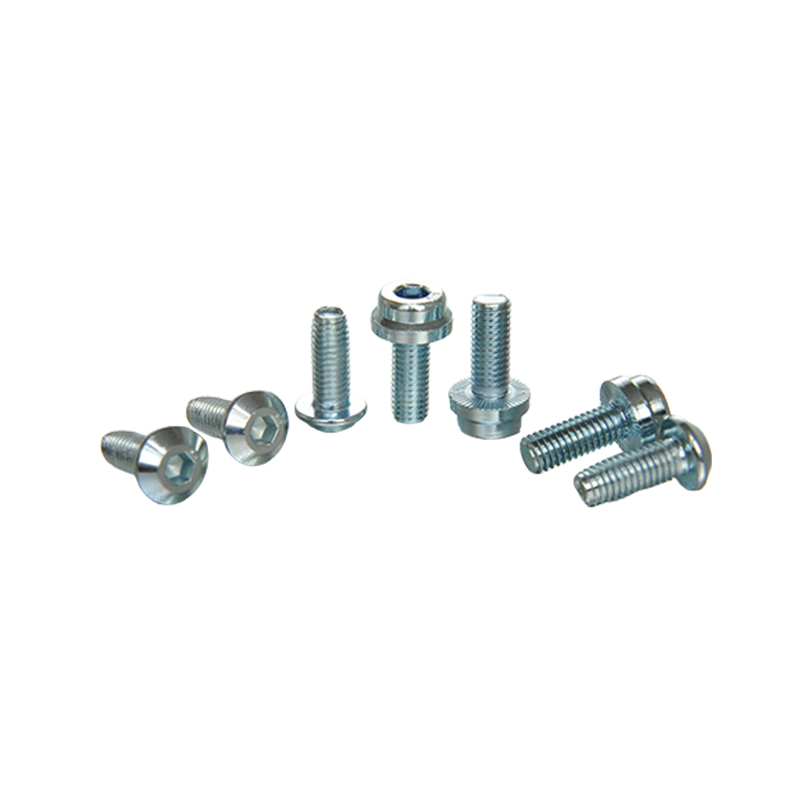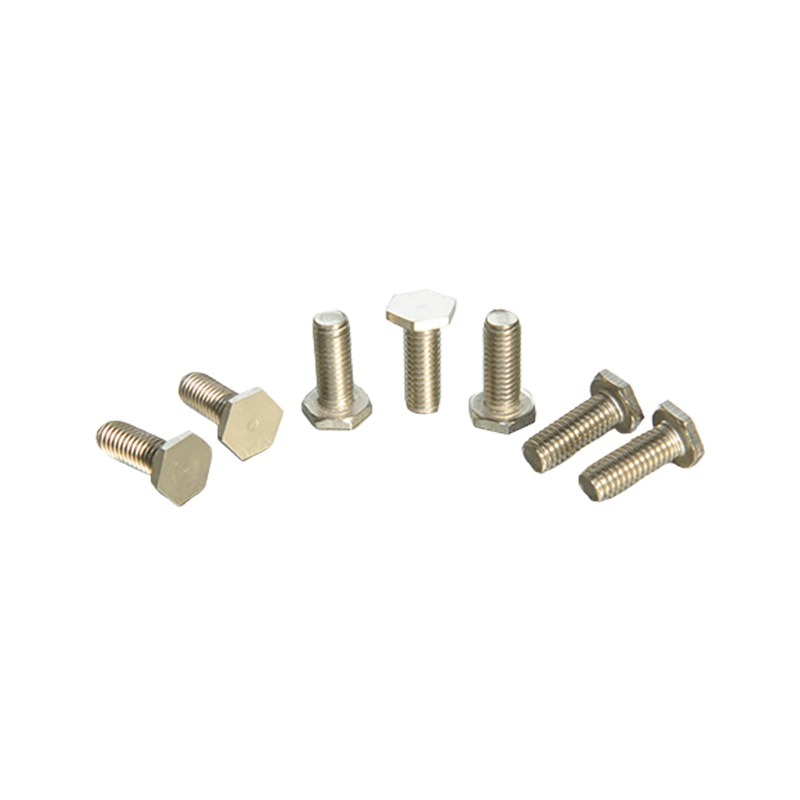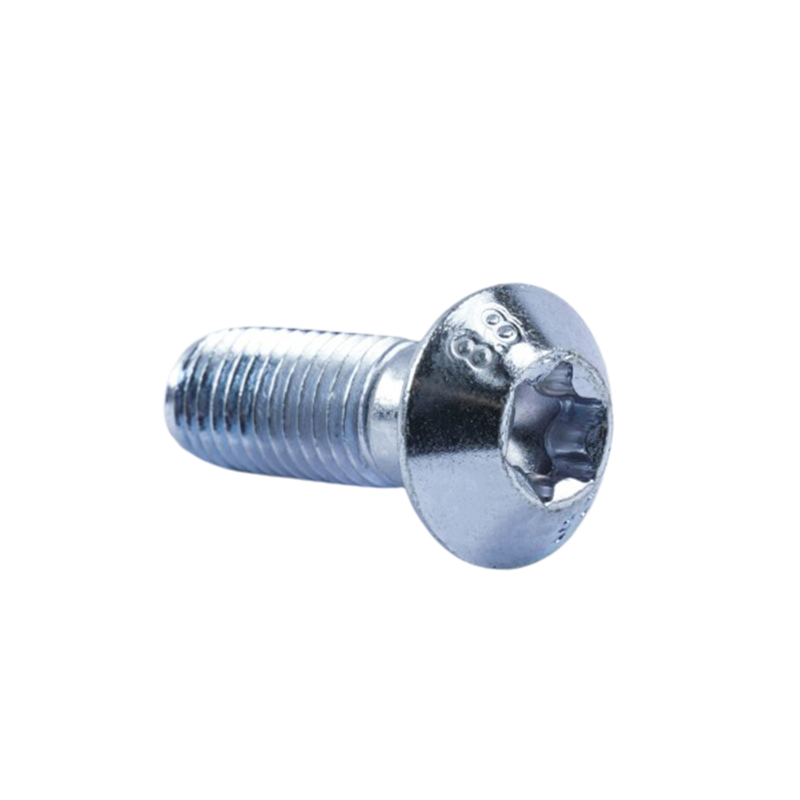The Anti-Theft Features of Triangular Screws
Triangular screws, with their unique triangular notch design, offer advantages in terms of theft prevention and security. Compared to common Phillips or slotted screws, triangular screws require specialized tools to remove, making unauthorized removal more difficult. Since common tools on the market are generally incompatible with triangular screws, unauthorized dismantlers often struggle to find the right tool quickly, thus providing a certain degree of theft prevention. Furthermore, the triangular notch shape ensures a tighter fit between the screw head and the tool, reducing the possibility of thread stripping and ensuring the stability and security of the connection.
Applications of Triangular Screws in Security Applications
Triangular screws are often used in equipment and locations with high security requirements, such as public facilities, electronic device casings, children's toys, and vehicles. In these applications, preventing unauthorized disassembly or tampering by non-professionals is paramount. Using triangular screws effectively prevents ordinary users or potential vandals from easily disassembling protective casings or critical components, reducing safety hazards and the risk of equipment damage. This screw design provides technical support for equipment security management by limiting disassembly permissions.
The Impact of Specialized Tools on Anti-Theft Effectiveness
The anti-theft performance of triangular screws is inseparable from the use of specialized tools. Ordinary screwdrivers cannot fit into the triangular notch; only specialized triangular screwdrivers can be used for installation and removal. This design increases the difficulty of removal and reduces the likelihood of unauthorized removal. However, the presence of specialized tools also requires maintenance personnel to possess the appropriate equipment and skills, placing higher management requirements on equipment security. Proper tool management and training are crucial to ensuring the theft-proof effectiveness of triangular screws.
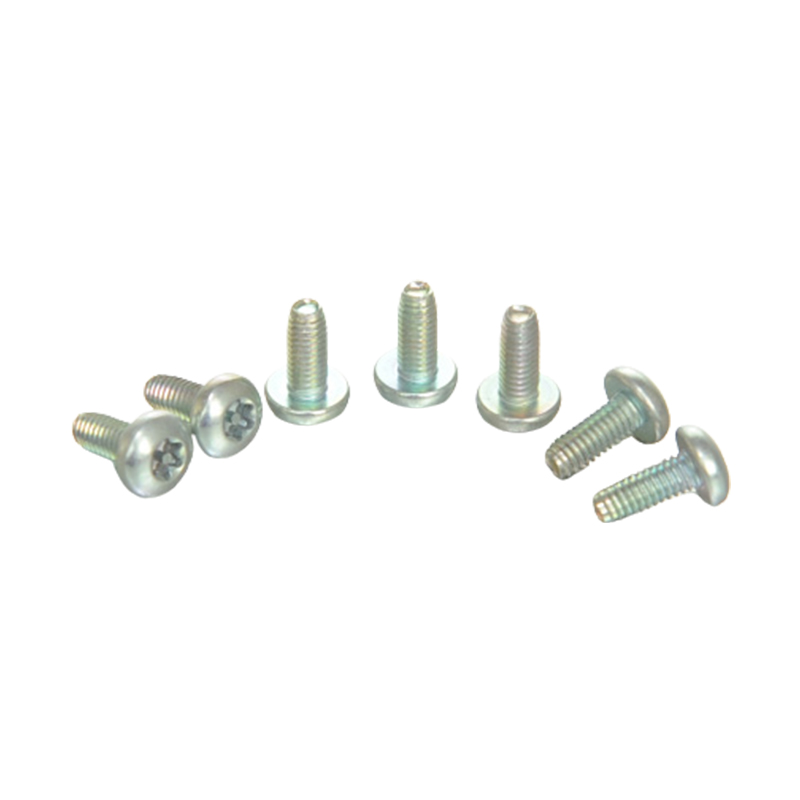
The Contribution of Materials and Surface Treatment to Security
In addition to the design and shape, the materials and surface treatment used in triangular screws also influence their theft-proof performance. Typically, triangular screws made of high-hardness steel resist shearing and twisting, reducing the risk of damage. Surface treatments such as nickel plating, chrome plating, or anti-corrosion coatings enhance the durability and oxidation resistance of the screws, preventing corrosion-induced removal difficulties and damage. These factors combine to enhance the security performance of triangular screws in various environments.
Disadvantages of Triangular Screws and Safety Precautions
While triangular screws offer certain advantages in terms of theft prevention and security, they also have some drawbacks. For example, the need for specialized tools for removal can increase the difficulty and time required for repairs. In some cases, removal can be complicated if the specialized tools are lost. Furthermore, triangular screws are not always effective in deterring theft; experienced vandals can still remove them through specialized means. Therefore, it is recommended to incorporate other security measures, such as adding protective covers and electronic monitoring, to form a multi-layered security system to enhance overall theft prevention.
| Item | Description |
|---|---|
| Anti-theft Design | Unique triangular slot design requiring specialized tools, preventing unauthorized removal |
| Application Range | High-security areas such as public facilities, electronic devices, children's toys, and transportation equipment |
| Specialized Tool Requirement | Cannot be removed with common tools; requires a dedicated triangular screwdriver, increasing removal difficulty |
| Materials and Surface Treatment | High-hardness steel and anti-corrosion coating enhance durability and resistance to damage |
| Drawbacks and Prevention Suggestions | Maintenance can be complex, tool management is demanding; recommended to use in combination with other security measures |


